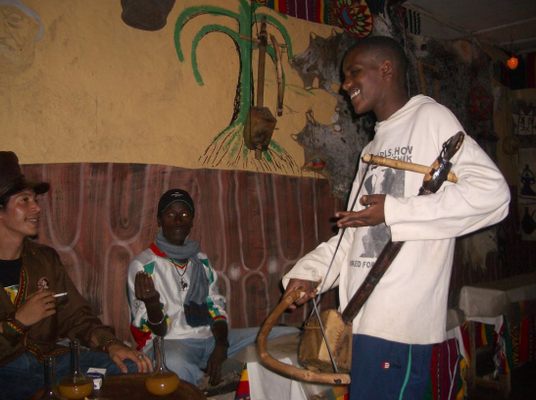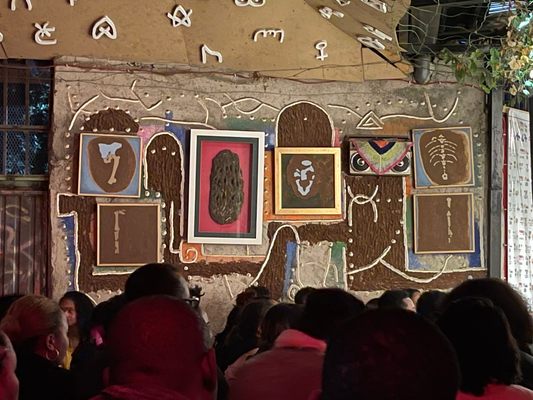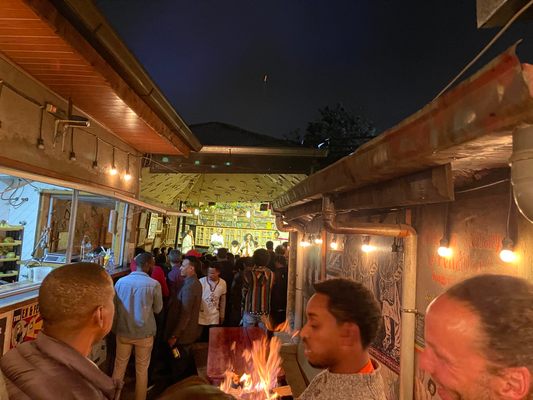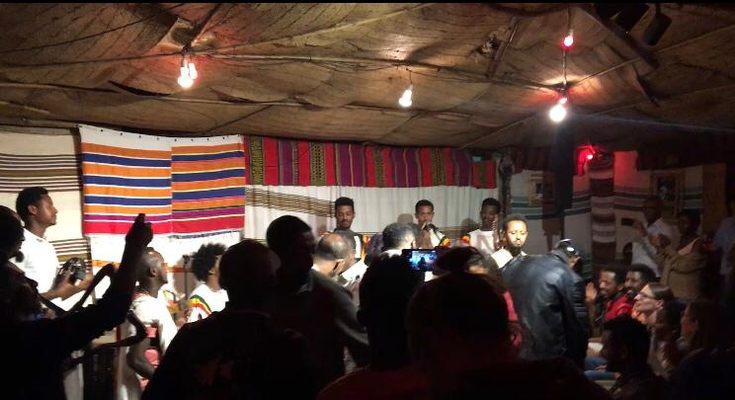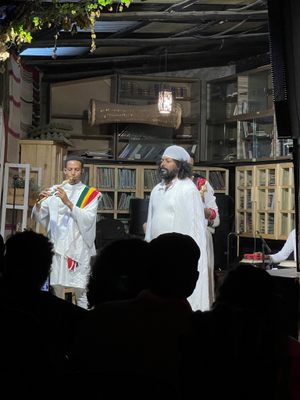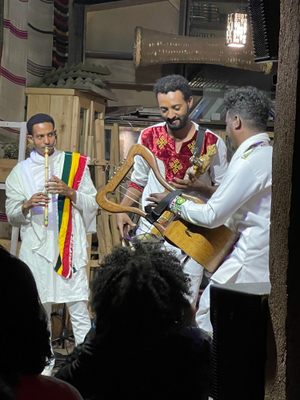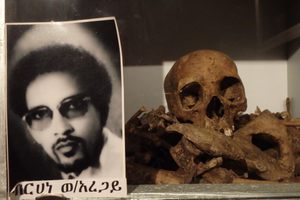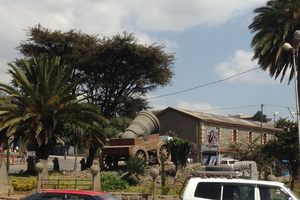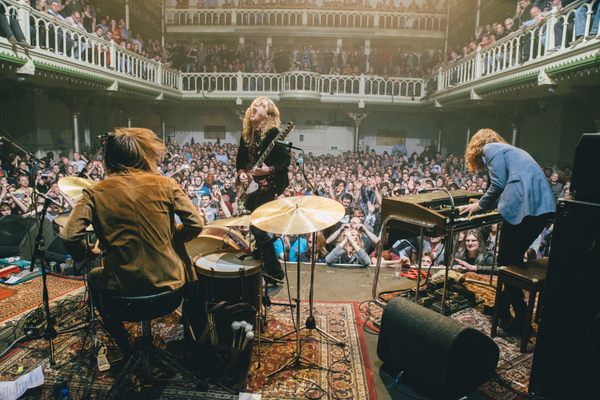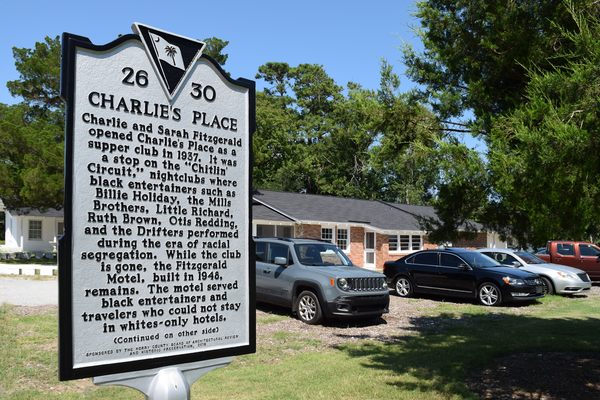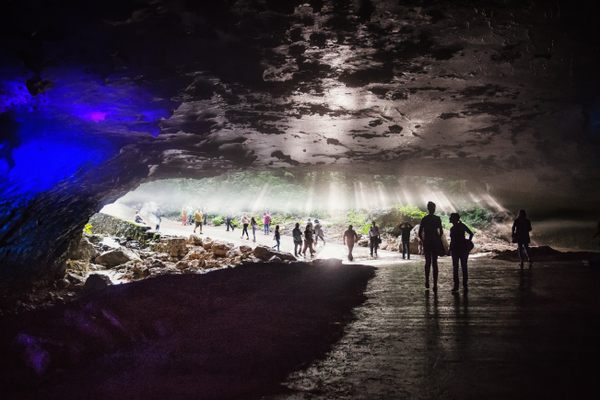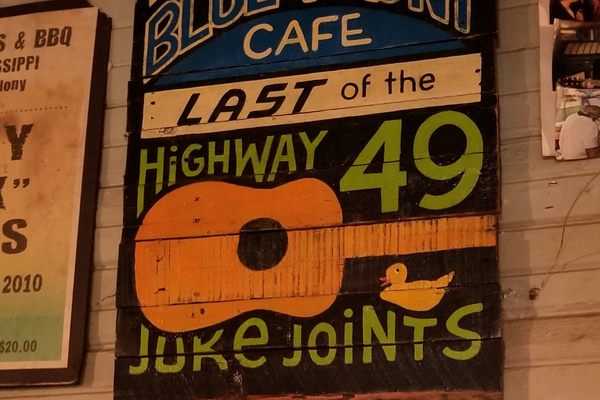About
Azmaris are Ethiopian bards, poet-musicians as skilled in lyrical double-entendre and pun as they are with their instruments. They are comparable to the griots of West Africa, who capture the cultural history of their communities in verse and song and the troubadours of middle-ages Europe, wandering composers and performers of lyrical poetry.
Azmaris are traditionally involved in many aspects of Ethiopian life, from marriages and religious celebrations to quiet nights at rural bars. Azmari instruments of choice are the masenqo, a single-stringed lute played with a bow whose melodies can jump from lively to haunting, and the krar, a multi-stringed harp lute, sometimes with accompanying percussion.
An azmari bet is a venue that hosts Azmari music (bet means house). These venues remain prevalent in rural areas and small towns, but they have gradually disappeared from Addis Ababa over the last 30 years as the city’s rapid development pressures land uses that urban planners see as lower-value. This marginalization in the country’s center of government, culture, and economy is a risk to the future of the unique Azmari tradition.
Fendika, which has now expanded beyond its origin as an azmari bet to include a cultural center, started in the 1990s as one of the many such venues in its neighborhood. It is the only one left in the neighborhood, and one of the few in Addis. In 2008, its management transferred to legendary longtime Azmari performer and dancer Melaku Belay. Melaku travelled widely in the Horn of Africa to infuse diverse regional traditions into his music, and brings this diversity to the live performances at Fendika as well as his group’s recorded music.
A night at Fendika begins with a generous glass of tej, Ethiopian honey mead. Patrons then settle in for azmari performances that can set a variety of tones, from vigorous dance parties to emotional ballads. Perhaps the most interesting type is when the amzari walks around from group to group throughout the audience, inventing creative lyrics to poke fun at their listeners until they receive a tip to move on to the next group. Audience members take the verbal jabs in stride and, aided by the tej, the whole place rolls with laughter.
The space is littered with cultural items, and packed on live performance nights with local clientele. Like many other places in Ethiopia, Fendika is unabashedly Ethiopian; it makes no attempt to change or present itself for the foreign eye, while still welcoming foreign visitors into its world.
Fendika’s plans for the future are grand, including multipurpose spaces to accommodate and record artists from around the world, cultural archives, and a musical workshop. Pressure from government and land developers is strong, but for now at least, Fendika remains a beacon for a tradition that makes our world a whole lot more interesting.
Related Tags
Know Before You Go
Fendika's official website has a detailed calendar of events- something is happening most evenings, starting by 8 p.m. and going late into the night.
Performances and audience interaction are only in Amharic, so it’s ideal to go with a friend or guide who speaks it if you don’t. Still, music is a universal language.
The honey alcohol may be stronger (and cause stronger hangovers) than it seems. First-time drinkers are advised to tread carefully.
Published
March 8, 2021


